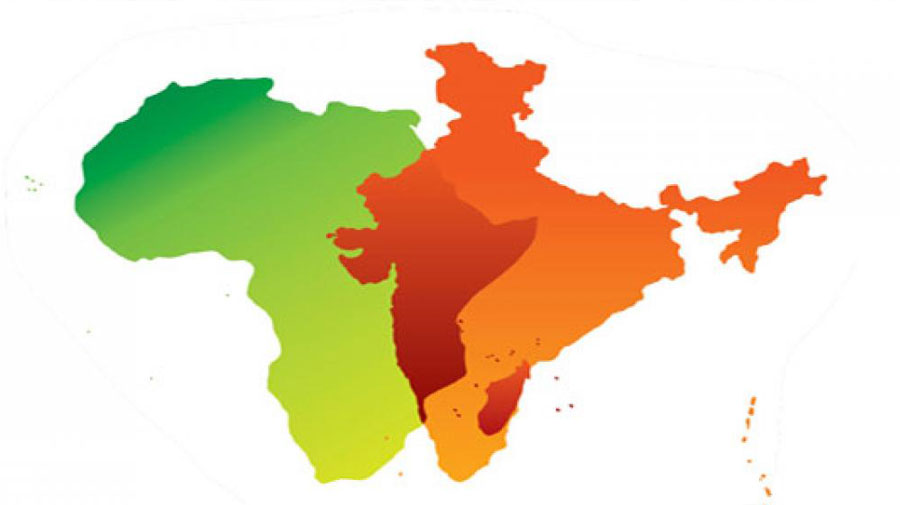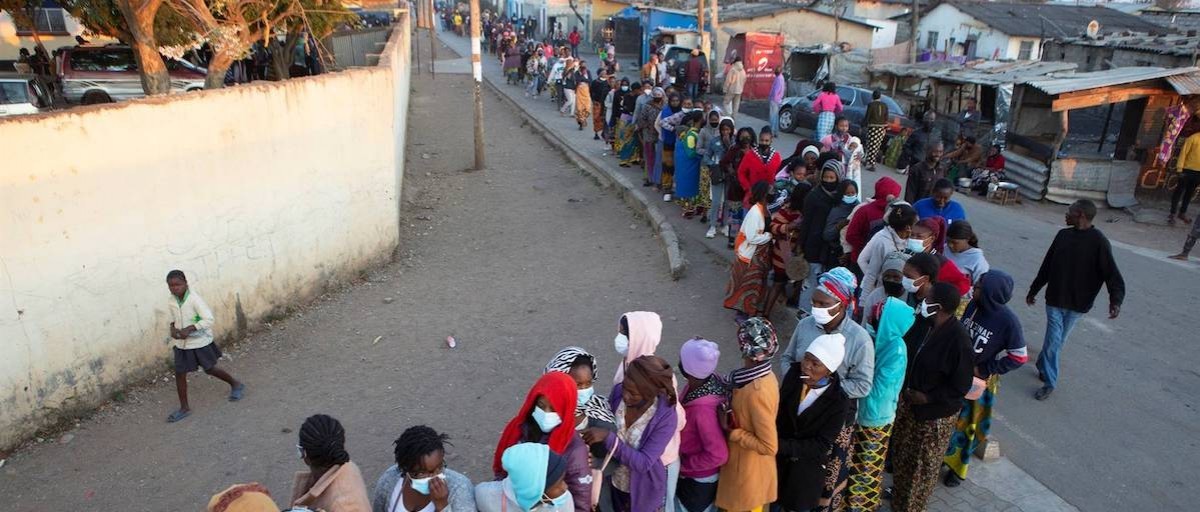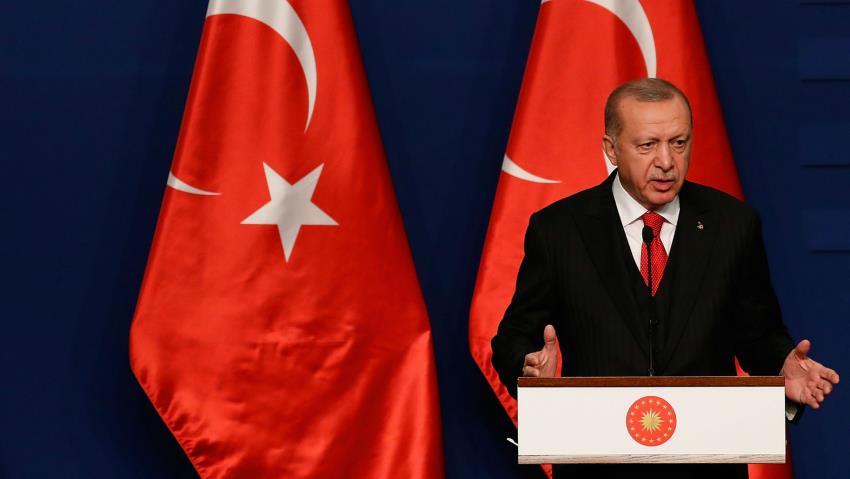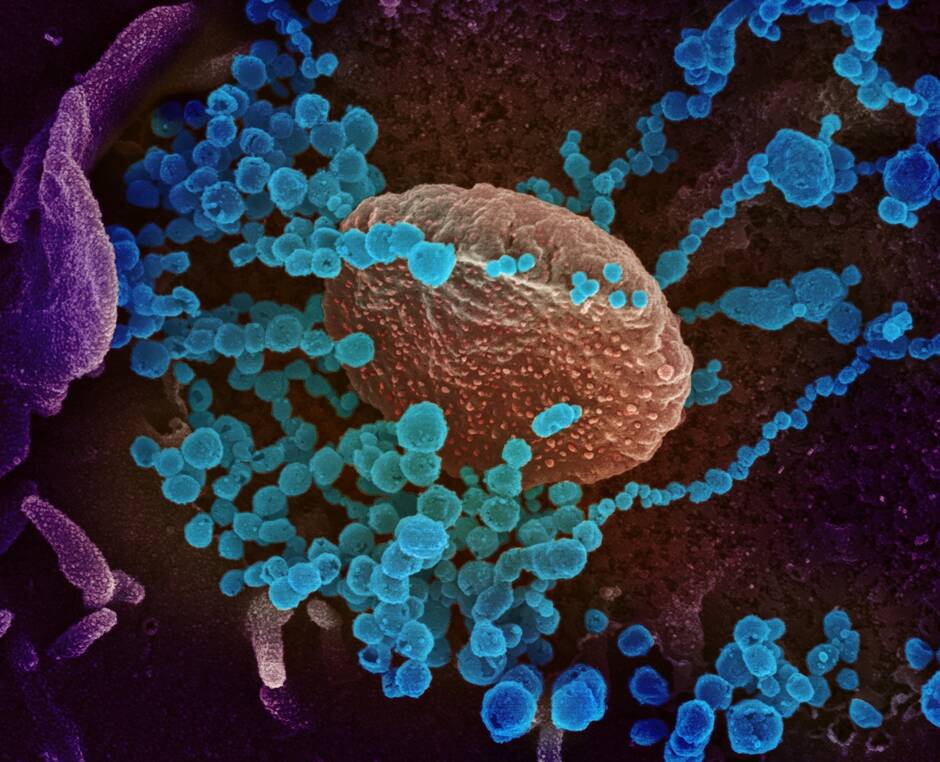Diplomatic relations between India and Africa have expanded rapidly since the early 2000s but, with India aspiring to become the 21st century’s next superpower, the relationship between both sides will be driven by business links, trade and the joint efforts to reshape the international institutions.
At the recent G20 summit in New Delhi, Indian Prime Minister Narendra Modi began proceedings with an announcement that reveals the importance that his government is placing on relationships with Africa. Declaring India’s G20 presidency “a symbol of inclusion,” Modi proclaimed that “with this sentiment of inclusiveness, [India] proposes that the African Union should be given permanent membership in the G20.” Shortly after the announcement, Modi argued, in a statement on X, former Twitter, that “the inclusion of the African Union (AU) in the G20 underscores its pivotal role in global progress.” AU Chairperson and Comoros President Azali Assoumani has praised India as a superpower, stating that it is “ahead of China now” and expressing optimism for future ties.
India and Africa have enjoyed warm political relationships since the former gaining independence in 1947, but there are now increasing signs that New Delhi is now seeking to leverage these relations more proactively in order to advance a broad range of economic and geopolitical interests that are central to Modi’s mission to make India one of this century’s superpowers. To that end, since the first India-Africa Forum Summit in 2008, efforts at building diplomatic profile and interactions have become increasingly high-level over the last 15 years. Since the symbolically important high-level India-Africa Forum Summit in 2015, Modi has been increasingly vocal about the importance of Africa to India’s foreign policy. “India is the fifth superpower in the world, so there is enough room for India in Africa,” Assoumani said at the recent G20 summit in New Delhi.



